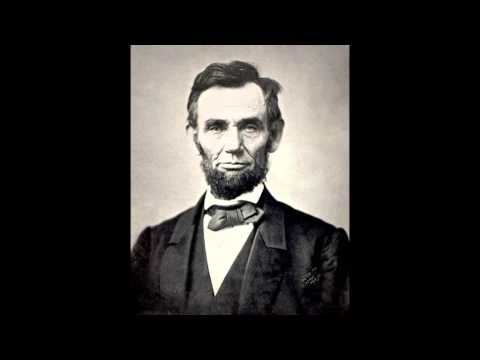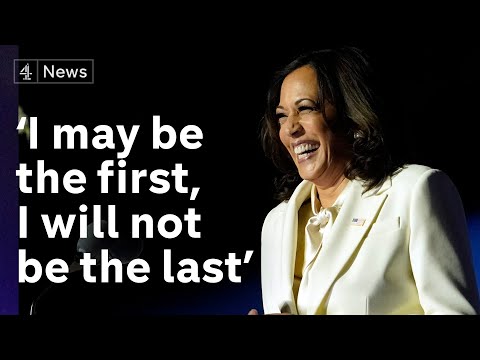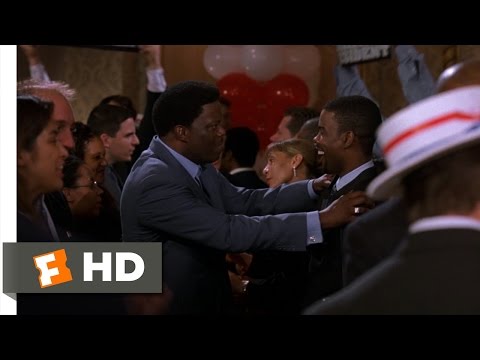In the vast tapestry of Black American history, there are countless individuals who have left an indelible mark on the struggle for equality and justice. From civil rights icons like Martin Luther King Jr. to cultural trailblazers such as Maya Angelou, each has played a significant role in shaping the narrative of black Americans. Among them stands Barack Obama, the 44th President of the United States and a pivotal figure in modern black American history.
Born on August 4, 1961, in Honolulu, Hawaii to a white mother from Kansas and a black Kenyan father, Obama’s multicultural background not only influenced but also reflected the growing diversity within the African American community itself. Although his rise to political prominence was extraordinary, it was his election as the first African American president that ingrained his name in history books forever.
Obama took office at a time when racial tensions were palpable in America. His presidency represented not just a milestone for black Americans but also symbolized progress for an entire nation striving towards racial equality. Prior to assuming office, many doubted whether America was ready for an African American president; however, Obama’s influence resonated far beyond political boundaries.
As Commander-in-Chief, President Obama advocated for policies that aimed to address systemic inequalities affecting marginalized communities. He focused on crucial issues such as expanding access to affordable healthcare through the Affordable Care Act (ACA), investing in education and job creation, criminal justice reform, and immigration reform.
Moreover, Obama’s presidency served as a hopeful reminder that the highest echelons of power were not exclusive to any particular race or background. His ascension inspired millions of young black Americans who now saw endless possibilities before them – proof that barriers could be broken through hard work and determination.
Beyond his policy efforts and executive actions, Barack Obama’s exceptional oratory skills played an integral role in tackling tough conversations around race relations. His speech on race, delivered in 2008 during the presidential campaign, resonated with African Americans and non-black Americans alike as he confronted the painful history of slavery and discrimination that still lingered in society.
Throughout his two terms, Obama championed the value of empathy, unity, and racial harmony, acknowledging that the challenges faced by black Americans were not solely their burden but rather a collective responsibility. By fostering dialogue and encouraging cultural exchange, he sought to bridge societal divisions by emphasizing commonalities rather than differences.
However, it would be remiss to reduce Obama’s legacy to just his race or his role within black American history. His presidency was characterized by a multitude of accomplishments spanning various policy areas – from signing the Lily Ledbetter Fair Pay Act that aimed to reduce pay disparities based on gender to reestablishing diplomatic relations with Cuba after over five decades of hostility.
Barack Obama’s impact on black American history goes far beyond being the first African American president; it lies in his ability to inspire change, promote inclusivity, and rally individuals from all walks of life around a shared vision. As Black History Month provides an opportunity to celebrate the remarkable contributions of black Americans throughout history, we must not overlook the significance of Barack Obama’s presidency as a catalyst for progress and hope for generations yet to come.





